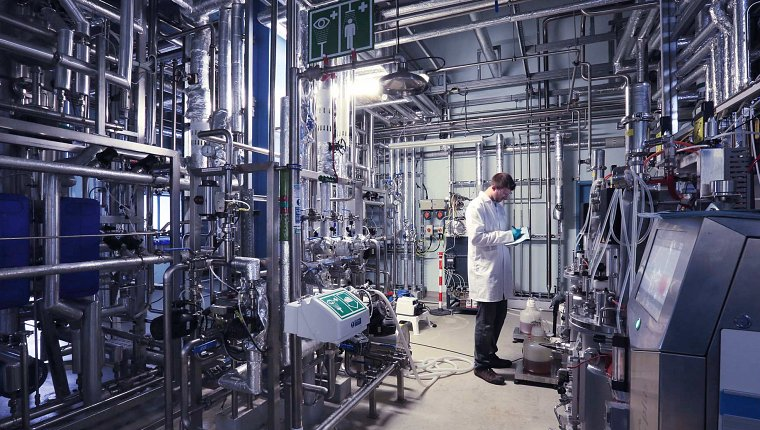
Comment: Ever heard of industrial biotechnology? Our future may depend on it
You might not have heard of industrial biotechnology (IB) but the chances are it has benefitted your life. Whether it is turning food waste into green energy or improving the way we manufacture food, drink, vaccines and antibiotics, IB offers advantages for us all.
As the global population grows, it consumes more food, energy, materials and medicine each year, and to meet these needs we rely heavily on our chemical industry. At the beginning of the 20th century, the sector was tiny, and by the millennium it had grown to become one of the largest in the world. But there’s one big problem: its raw ingredients are based mainly on fossil fuels, and we simply can’t keep using oil and other finite resources.
This is where IB comes in – it has the potential to address some of the world’s biggest challenges by offering green alternatives to our scarce natural resources.
Since our inception in 2014, we’ve funded 68 innovative projects with an accumulated value of more than £14m, creating 170 jobs. We have over 120 industry members 18 universities and research institutes as partners. Crucially, in August we received £11m of core funding for Phase 2 of our activities, which will take us up to 2023.
Read the full story, here.
Reflecting the abundance and diversity of feedstocks available, Scotland is now home to an increasing number of startup and established SMEs having award winning impacts across Europe, including Cellucomp and Celtic Renewables. Read more on Scotland’s Industrial Biotechnology sector, here.